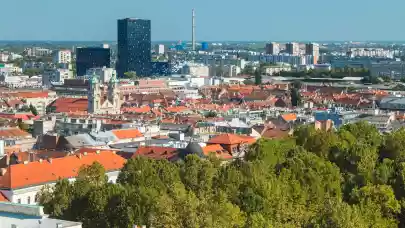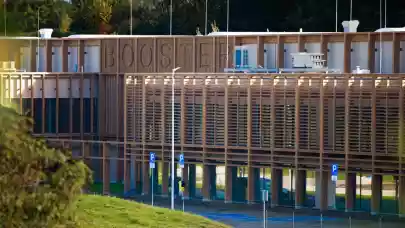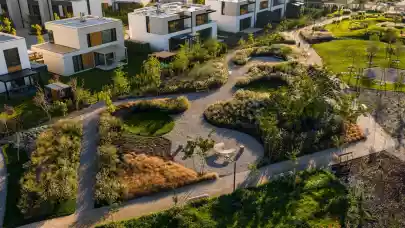
For Croatia, as for other EECFA countries, the Russian invasion of Ukraine has been both a supply shock and a demand shock. And many of the elements of these shocks are the same for Croatia as for other EECFA countries. On the supply side, energy costs are rising as are the costs of construction materials and of construction finance. Supply chains and labour markets have also been disrupted. On the demand side, inflation has cut into consumers’ real disposable income, consumer confidence has been shaken as a result and finance for real estate purchases has become more expensive, says Michael Glazer, SEE Regional Advisor at EECFA Croatia.
EECFA (Eastern European Construction Forecasting Association) is conducting research on the construction markets of 8 Eastern-European countries such as Bulgaria, Croatia, Romania, Russia, Serbia, Slovenia, Turkey and Ukraine.
Admittedly, these disruptions are to a significant extent a prolongation and exacerbation of existing trends. For a considerable time before the invasion, consumer and producer price levels were rising broadly, construction costs were going up faster than overall inflation and central banks were considering tightening monetary policy to get inflation under control. Bank lending criteria were also getting stricter and consumer confidence was declining. All of this had a negative effect on Croatia’s construction output, but the sector was booming, nonetheless.
That said, the invasion’s impact has by no means been just more of the same for Croatia, and indeed its specific effects may weaken certain of the country’s construction sectors, at least in the short term. One cause for concern is the sharp, invasion-caused rise in Croatian food and energy prices. These threaten to both significantly reduce consumer resources available for home purchases and exacerbate potential homebuyers’ concerns for the future. They may also, by forcing large price rises that in turn diminish demand, reduce industrial output, at least to an extent.
Also, Croatia’s tourism industry, which contributes as much as 20% of its GDP and is a major driver of its hotel, residential and commercial construction, is extremely sensitive to geopolitical developments, especially those in Europe. For example, in late 2021 and very early 2022, Croatia benefited greatly from Russian vaccine tourism, as Russians sought vaccines other their domestic Sputnik, both because Sputnik wasn’t very good and because, for that reason, European Union countries wouldn’t accept it. Now, though, the invasion has shut off even the normal flow of Russian and Ukrainian tourists and will continue to do so for this summer and fall at the least.
The uncertainty that the invasion has created in the minds of potential EU visitors as to future energy costs, and so as to their disposable income, may also damage Croatia’s tourism season this year. Or benefit it if as a result of these uncertainties EU tourists opt for cheaper, closer to home, holidays. Either way, Croatian construction output will likely be significantly affected as hotels change their capital spending plans to adapt, builders of coastal dwellings respond to alterations in demand and Zagreb construction residential and office developers adjust their products and their output levels to reflect buyer interest.
One sector that the invasion has not had a significant effect on is civil engineering. Work on, for example, Croatia’s large rail projects continues as before. The same holds true for industrial construction and to a large extent warehousing and storage, the former because the invasion has not changed the medium-term supply/demand calculus for those building such projects, the latter because even if one of the main drivers for such projects, consumer Internet purchasing, is uncertain in the short term, it will clearly rise substantially in the near future.
In the medium term, Croatian civil engineering may actually benefit from an invasion-induced turn to sources other than Russia to satisfy the EU’s need for gas. Such a shift would likely mean that the storage capacity of Croatia’s Krk Island LNG terminal would be increased, and pipelines built to enable the terminal to furnish more gas to more countries.



